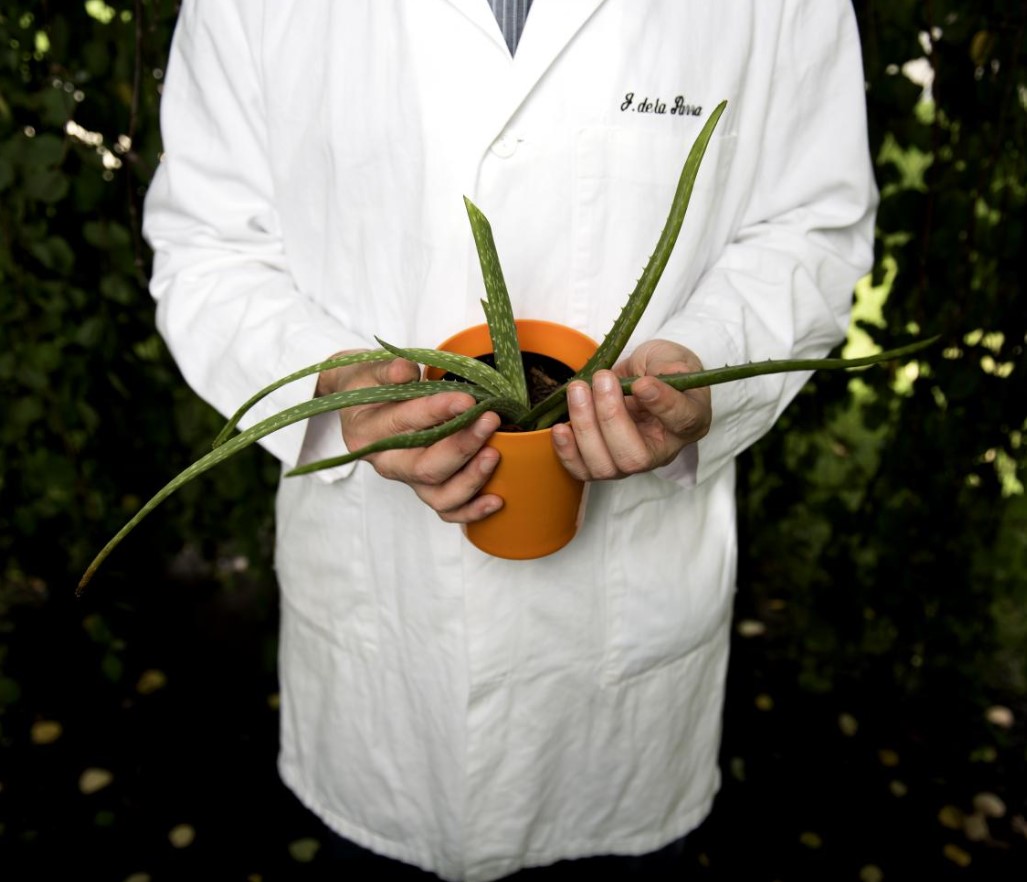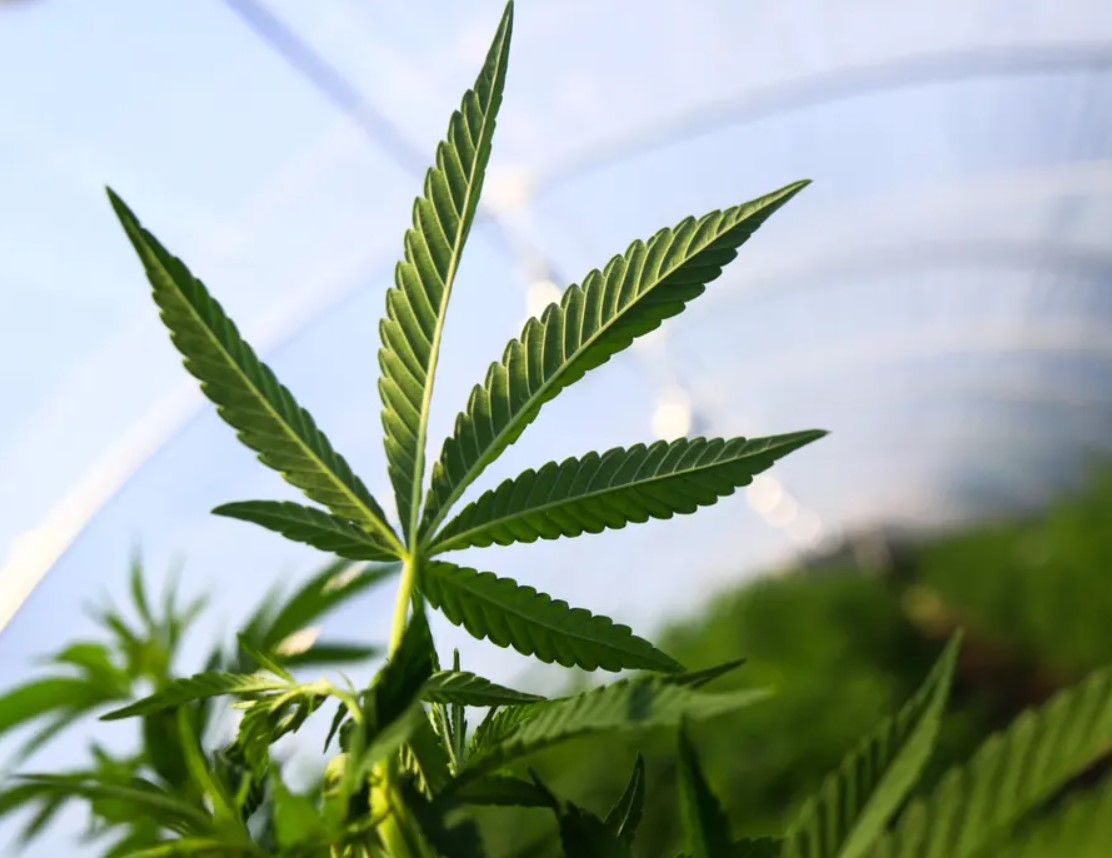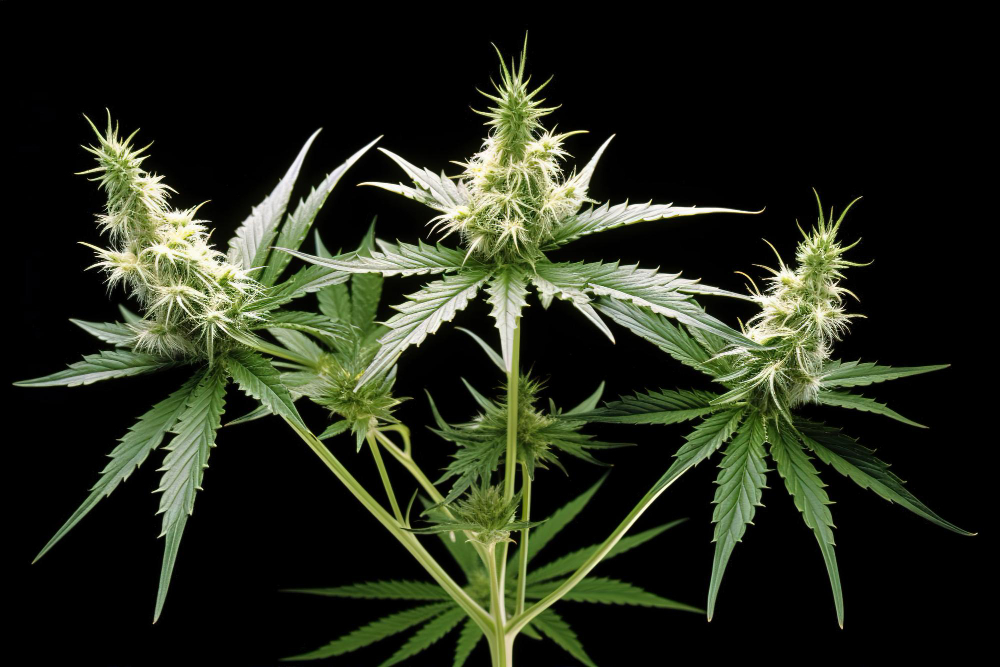Flora’s Touch: The Untapped Potential of Plants in Medicine

In a world where synthetic drugs and advanced medical technologies often grab the headlines, it’s easy to overlook the silent yet profound role of plants in medicine. This blog post aims to rediscover and appreciate the untapped potential of flora in healthcare, a journey that spans from ancient traditions to modern innovations, including the evolving story of medical marijuana.
The Historical Significance of Medicinal Plants
Long before the advent of modern medicine, plants were the primary source of healing. Civilizations across the globe, from the ancient Egyptians to the Chinese, harnessed the power of plants to treat ailments. This age-old wisdom, often passed down through generations, laid the foundation for many modern medicines. For example, willow bark, used for centuries to ease pain, led to the development of aspirin. It’s a testament to the enduring significance of plant-based remedies.
Traditional Indian Ayurveda and African medicinal practices extensively utilized various plants for holistic healing, showcasing a diverse botanical knowledge. Today, many of these plants are subjects of rigorous scientific studies, bridging the gap between ancient wisdom and contemporary science. These plants’ enduring presence in traditional medicine underscores their potential, still largely untapped in modern healthcare. Ethnobotany, the study of how different cultures use plants, continues to offer valuable insights into potential new treatments.
Modern Research and Advancements
Today’s scientific research continues to uncover the remarkable medicinal properties of plants. Breakthroughs in plant-based treatments are changing the face of healthcare. The anti-malarial drug artemisinin, derived from the Artemisia annua plant, is one such success story. Biotechnology is further expanding the potential of plants, enabling us to enhance their medicinal properties.
The synergy of traditional knowledge and modern science is creating a new era of botanical medicine. Plants like Gingko Biloba are being studied for their potential to improve cognitive functions. The anticancer properties of various plants, including turmeric, are also a focus of current research. These developments demonstrate the untapped reservoir of plant-based compounds that could revolutionize medicine. Genetic engineering and advanced extraction techniques are enabling us to utilize these plants more effectively and sustainably. This scientific exploration is pivotal in bringing plant-based medicine to the forefront of healthcare solutions.
Medical Marijuana: A Case Study
The story of medical marijuana is a prime example of how perceptions and laws surrounding medicinal plants can evolve. Known for its therapeutic benefits in treating conditions like chronic pain and epilepsy, medical marijuana has seen a shift in legal and societal acceptance. In Alabama, where it’s legal for medical use, patients wonder how to get a medical marijuana card in Alabama. The process involves qualifying conditions and a regulated application procedure.
This shift not only reflects changing attitudes but also underscores the potential of plants to address complex health issues. The legalization of medical marijuana in various states has paved the way for extensive research into its benefits and applications. In Alabama, specific conditions such as cancer, chronic pain, and seizures are among those that qualify for medical marijuana use. The process of obtaining a medical marijuana card is a step towards responsible and regulated use of cannabis for health purposes. This evolution in the perception of cannabis reflects a broader acceptance of plant-based medicines in our healthcare system. It highlights the need for continued research and an open-minded approach towards medicinal plants.
Plants in Everyday Healthcare
Plants are not just for treating diseases; they play a role in everyday health and wellness. Everyday herbs like ginger for digestion and lavender for stress relief are easily integrated into daily routines. These simple yet effective remedies emphasize the role of plants in maintaining overall health. They remind us that sometimes, the best medicine is growing in our gardens or sitting in our kitchen cabinets. Incorporating these plants into our daily lives can be as simple as adding herbs to our meals or using essential oils.
Plants like chamomile and peppermint have been used for centuries to aid digestion and promote relaxation. Growing your own medicinal garden can be a fulfilling way to engage with these natural remedies. Even in urban environments, small-scale indoor gardens can bring these healing plants into our daily lives. Understanding the benefits and uses of these plants encourages a proactive approach to health, emphasizing prevention and natural well-being.
Challenges and Limitations
While the potential of plants in medicine is immense, integrating them into mainstream healthcare is not without challenges. There are concerns about the efficacy, safety, and standardization of plant-based treatments. The lack of regulation in herbal supplements can lead to variability in quality and potency. It’s crucial to approach plant-based medicine with a balance of openness and caution, ensuring safe and effective use. The interaction of plant-based treatments with conventional medicines is another area requiring careful consideration.
For practitioners and patients alike, navigating these challenges requires access to accurate information and guidance. The variability in how different individuals respond to herbal treatments also poses a challenge. This highlights the need for personalized approaches in botanical medicine. Building a bridge between traditional herbal knowledge and modern medical practice requires ongoing research and open communication between practitioners of both fields.
Future Perspectives
The future of plant-based medicine is bright, with potential developments in every field from pharmacology to personalized medicine. Educating healthcare professionals and the public about the benefits and risks of medicinal plants is key to unlocking their full potential. As research progresses, we might see more plant-based treatments integrated into conventional healthcare, offering more holistic and natural treatment options.
The integration of technology in plant-based medicine, such as through digital tracking and AI, could further enhance its efficacy and accessibility. The growing interest in natural and holistic health suggests a continued expansion in the use of medicinal plants. Collaborations between botanists, pharmacists, and medical professionals are crucial for this evolution. The potential for discovering new, effective compounds in plants is vast, promising exciting developments in the treatment of various diseases. Embracing plants in medicine could lead to more sustainable and patient-friendly healthcare practices.
Conclusion
The potential of plants in medicine is a vast and largely untapped resource. From the willow trees that gave us aspirin to the cannabis plants changing pain management, flora offers a world of healing possibilities. As we continue to explore and understand these natural remedies, let’s do so with respect and a sense of wonder at the natural world’s ability to heal and nurture. Plants have much to teach us about health and healing; we just need to listen. The journey towards a more plant-inclusive healthcare system is not just a possibility but a necessity for a sustainable and holistic future.
Additional Resources
For those interested in learning more about the potential of plants in medicine, the National Center for Complementary and Integrative Health offers a wealth of information. The American Botanical Council provides resources on herbal medicine research and education. To understand the evolving landscape of medical marijuana, including in states like Alabama, NORML offers updated information and resources. Additionally, the Journal of Ethnopharmacology provides scientific articles on the pharmacological qualities of medicinal plants. These resources are gateways to understanding the profound impact of plants on our health and well-being.




